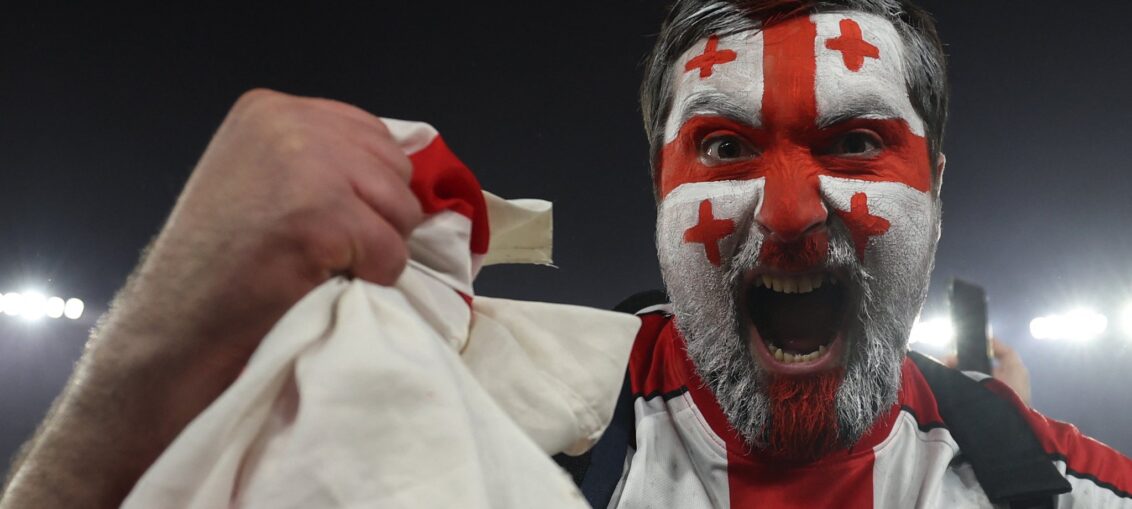
Georgia, home of Wisdom, Justice, and Moderation.
Oh… err… umm…I mean
“Georgia – where ‘Strength is in Unity’.”
Needs more Pips.
Hi everyone, it’s me again. I thought I’d do the preview/Open Thread combo once more. I’m not here as frequently due to work, so I should help out where I can.
SO, WHAT ARE WE LOOKING AT HERE?!
Georgia – located in the Caucasus region of northwestern Asia southeastern Europe,
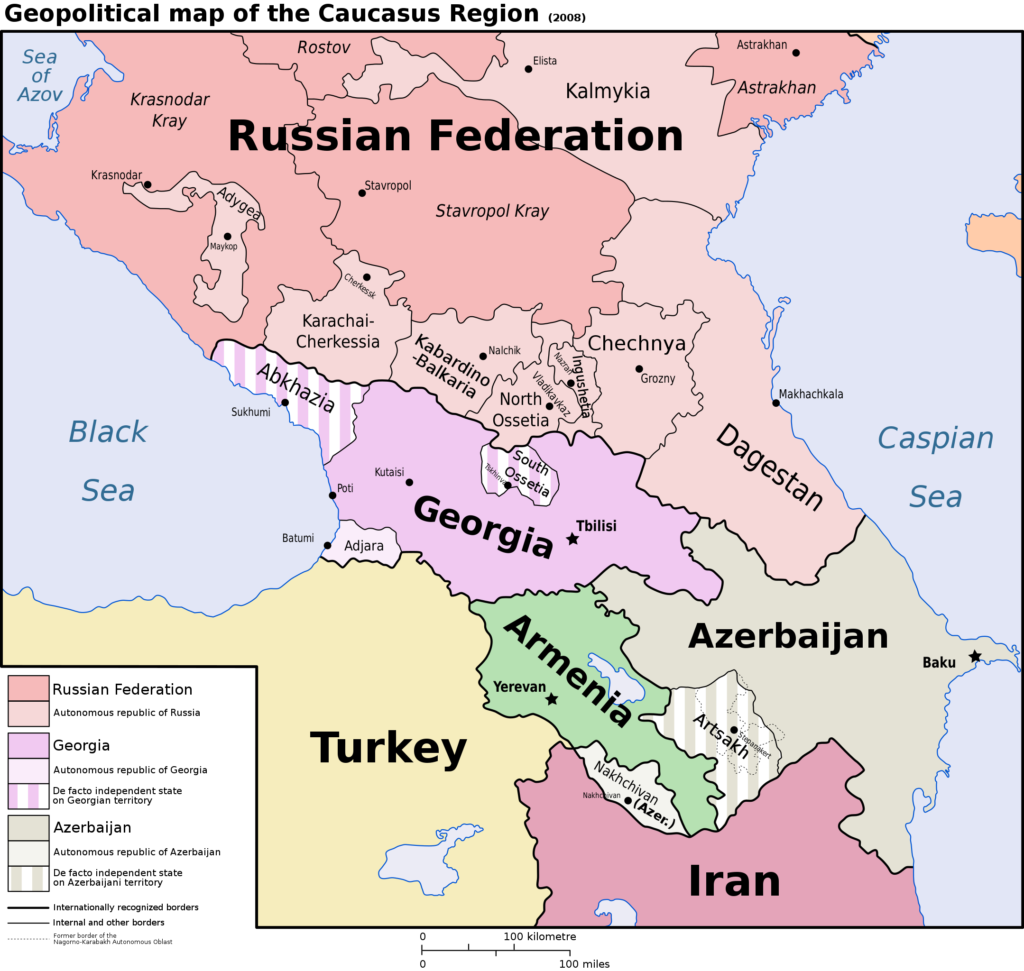
it’s as close as Europe comes to letting an Asian team play in Europe until Israel eventually qualifies. The name itself comes from the Persian word “gurğ”, which was simply the designation by the Persians for the peoples of the region, but which Europeans assumed was from St. George, who was the most popular saint in the region.
Thing that sets it apart from other European countries: Language
It’s language comes from the Kartvelian family, a branch of language unrelated to any other major linguistic group. Given the region’s isolation, that makes sense.It is considered an “iron age” language, having evolved out of a language called Svan, which developed in the region around the third millennium BCE as people migrated north from the Fertile Crescent.
Among its peculiarities, it has three writing systems, seven cases, no articles, and two sets of month names – one based on the agricultural season; the other on the western calendar. That’s pretty good for a country that developed a written alphabet around 900 BCE. Just to make you glad you don’t speak it, it has some words that start with SEVEN consonants – like the word “trainer” — მწვრთნელი (mts’vrtneli)
Number of Euros attended: 0 – they’re popping their cherry this year!
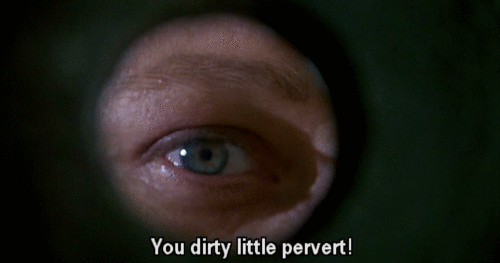
First Euro attended: 2024
How did they get here: a Nations League 4-2 shootout win against Greece in Group B qualifying for Euro 2024.
Euro Group: F – Czechia, Portugal and Türkiye
Matches: (all times German)
- June 18: Türkiye vs Georgia (Dortmund, 18:00) – that’s 9:00 am Best Coast time!
- June 22: Georgia vs Czechia (Hamburg, 15:00)
- June 26: Georgia vs Portugal (Gelsenkirchen, 21:00)
Manager: former Bayern Munich & French national team defender Willy Sagnol.
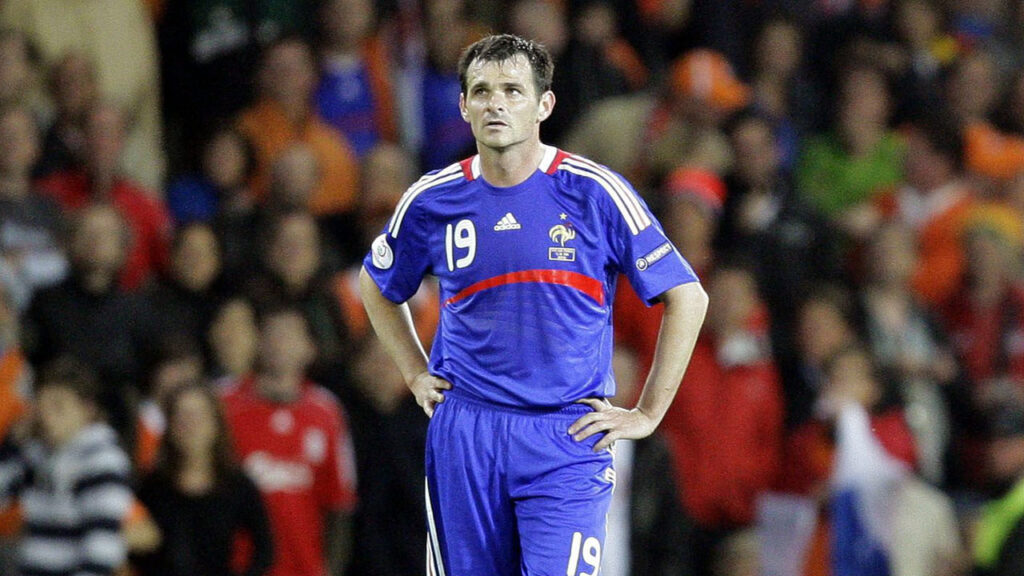
Anyway. This Euro will be monumental for Georgia because it marks the first time they have made the tournament. They had quite the road to go through to get there, winning elimination matches against Cyprus and Luxembourg before their shootout win against Greece to cement their qualification.
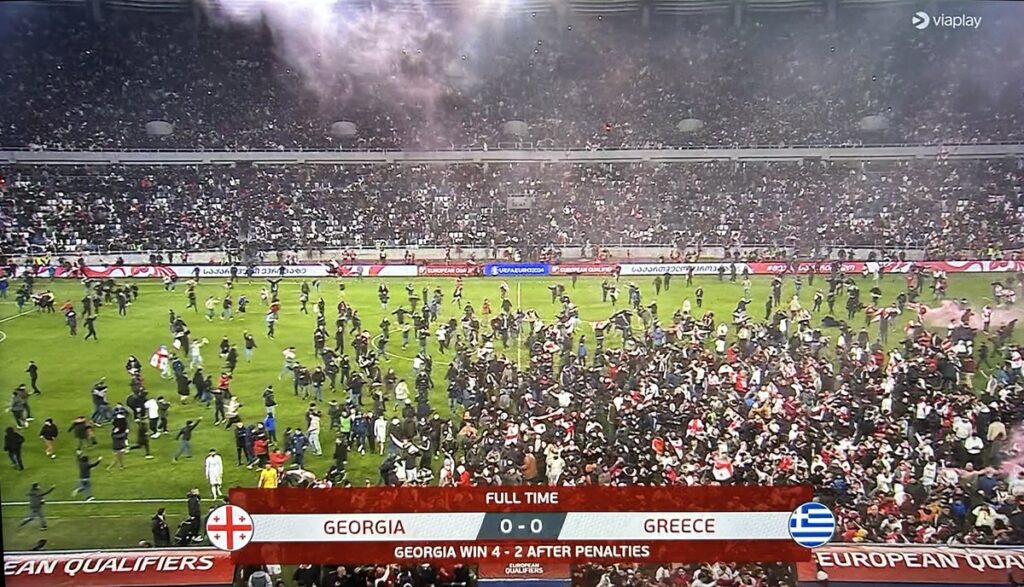
However, they are the second country in a row to get in via UEFA’s new policy towards smaller nations, to give those countries hope that they too could one day get waxed 10-0 in a top-tier tournament. That’s precisely why the Nations League exists.
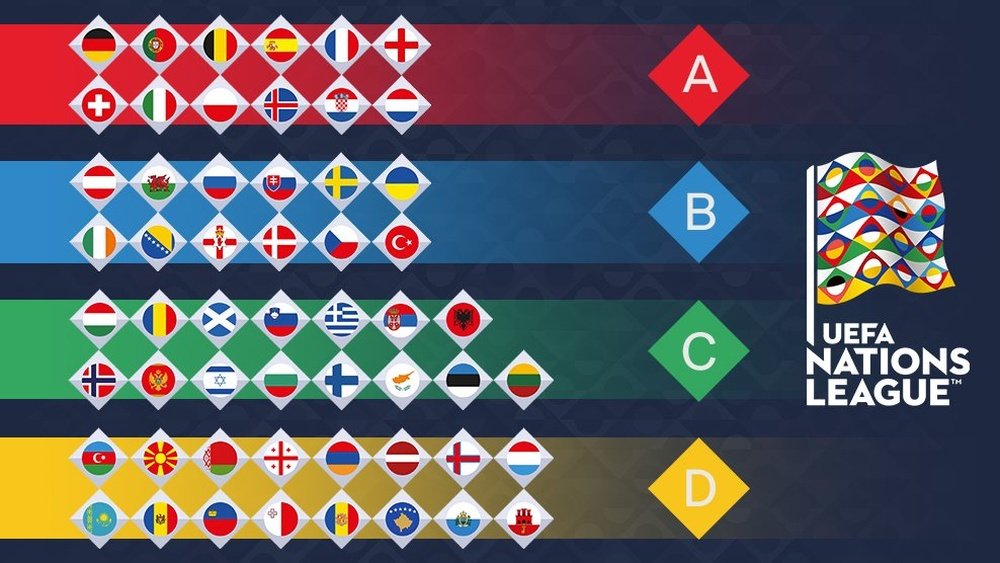
The Nations League was designed to eliminate friendlies and instead make the games regularly scheduled and worth something. The effect of that decision was to make Euro qualification more manageable for smaller countries, because a competition rather than friendlies made matches worth something to both sides. Since the introduction of the Nations League, there have been two paths to participating in the UEFA European Football Championship: through the group stage or by winning spots allocated to the Nations League group winners.
Treating qualification like a real league forces teams and national organizations to play against teams they’d normally avoid. Like every other European football league, teams can rise & drop between divisions. Georgia managed to get promoted to Group C after the 2022-23 season, which led to their qualifying run. In qualifying for the next Euro, they will play in Group B. This success, decades in the making, returns Georgia to a somewhat sizeable football tradition.
Georgian Football History:
Of course, like most former Soviet republics, their history in sport is muddled by their absorption into the greater glory of Mother Russia. I found a brief documentary that will outline this period.
The premier club in Georgian football, Dinamo Tbilisi, has existed since 1925, and under Stalin’s rule the team received a great deal of patronage from his henchman – and NKVD (pre-KGB) head – Lavrentiy Beria. Under Beria’s watch, NKVD officers held all managerial positions at Dinamo and were involved in discussions of technical and financial problems. Some of the spooks took it on themselves to act as executive coaches. Players, who received no salary for playing, happily received the free apartments and other perks that went along with this association. The relationship proved beneficial, as the team received favourable treatment in the League, and even competed for a Soviet title in 1939 after Beria had Dinamo losses to Spartak Moscow declared invalid. After Spartak beat Dinamo in the rematches, the results were allowed to stand but he had the Spartak management arrested & purged.
The team came second four times under Stalin’s rule, but after his death their fortune followed a similar fate, not recovering until 1964, when they won the Soviet Top League. In the history of the Soviet football, Dinamo Tbilisi was always in the shadow of Soviet preferred teams Spartak Moscow, CSKA Moscow, Moscow Dynamo, and Dinamo Kiev, but they never faced relegation during their time in the Soviet system.
Dinamo Tbilisi achieved its greatest successes in the late 1970s, winning the Soviet Top League in 1978 and beating Liverpool 3-0 in a European Cup match in 1979,
and in 1981, when they won the Cup Winners Cup (now the Europa League). In total, prior to Soviet dissolution, Dinamo won the Soviet Top League twice, came second five times, and came third 13 times.
Internationally, Georgia had great success under the USSR, even if their national efforts were suborned by the Soviet National team. On the surface, the USSR was supposed to be a multinational republic, and that’s how they tried to sell themselves to their overseas allies. But since they saw international sports as propaganda, they recruited the majority of their talent from sporting powers in Moscow and Leningrad. However, they couldn’t deny the drive of the Georgians to show up for football.
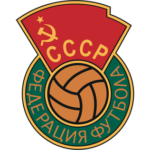
“Even though Georgians made up only 2 percent of the overall Soviet population, they were consistently overrepresented. For the first Soviet Olympic football team, the second-largest contingent of players from a club team came from Dinamo Tbilisi, which provided six footballers. When the Soviet Union made its World Cup debut in 1958, one-fifth of the players on the roster were Georgians from Dinamo Tbilisi, a trend that would continue through the rest of the Soviet period.”
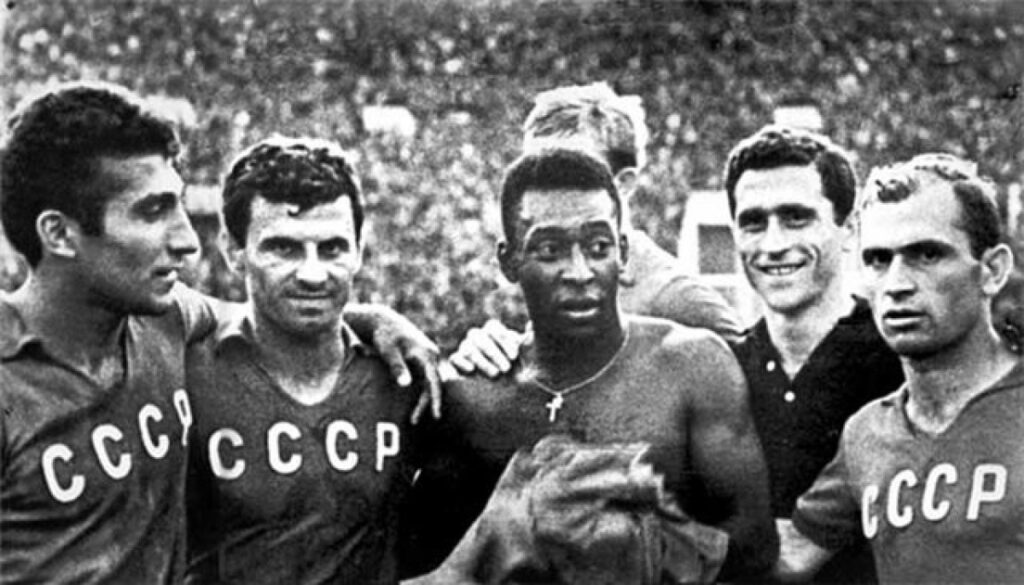
Despite the Party’s preference for Moscow players to captain Soviet teams, Georgian players twice captained the Soviet international teams – in 1972 and 1980.
But since their independence in 1991 from all things Soviet, they haven’t had much luck returning to the international prominence they once had as components of the Soviet machine – an inaugural civil war, a couple of Russian invasions, and internal civil conflicts will do that – but they kept building up their internal league to develop home-grown talent.
They began playing in UEFA qualifiers in 1994 (for 1996), with their closest attempt coming in 1996 when they finished third in their qualifying group, missing out on that year’s event. But real improvement began in 2014, long after most of their post-Soviet conflicts had died down, with grants from UEFA to develop an internal Georgian football program. They worked on both developing home-grown talent and getting their major stadiums fixed so they could host friendlies, rather than be forced to send teams to always play away games. The results were impressive:
- Between 2015 and 2021, the number of registered male football players in Georgia rose from 14,676 to 37,600.
- In 2017, Georgia hosted the UEFA European Under-19 Championship, and in 2023 Georgia co-hosted the UEFA European Under-21 Championship with Romania.
- The government announced plans to explore building a 70,000 seat stadium in Tbilisi, with aims to hosting a future Euro tournament.
This, plus a patient manager building a team around a single concept, has all led to their arrival at this year’s tourney.
What are their chances?:
Currently, Bovada has them +2200 to win the whole thing (longest odds in the tournament), and +160 to get out of the group.

Given that three teams from Group F are predicted to get to the knockout stage, it gives Georgia very little chance indeed.
With that in mind, there’s nothing thing left to do but sing:
God-DAMN – that’s fairly metal!
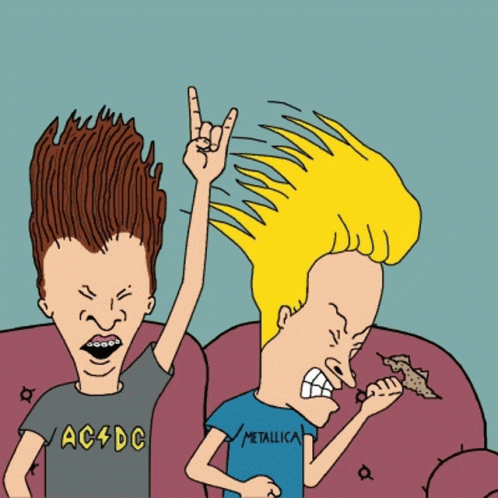
Anyway, that’s enough from me. Enjoy the matches!